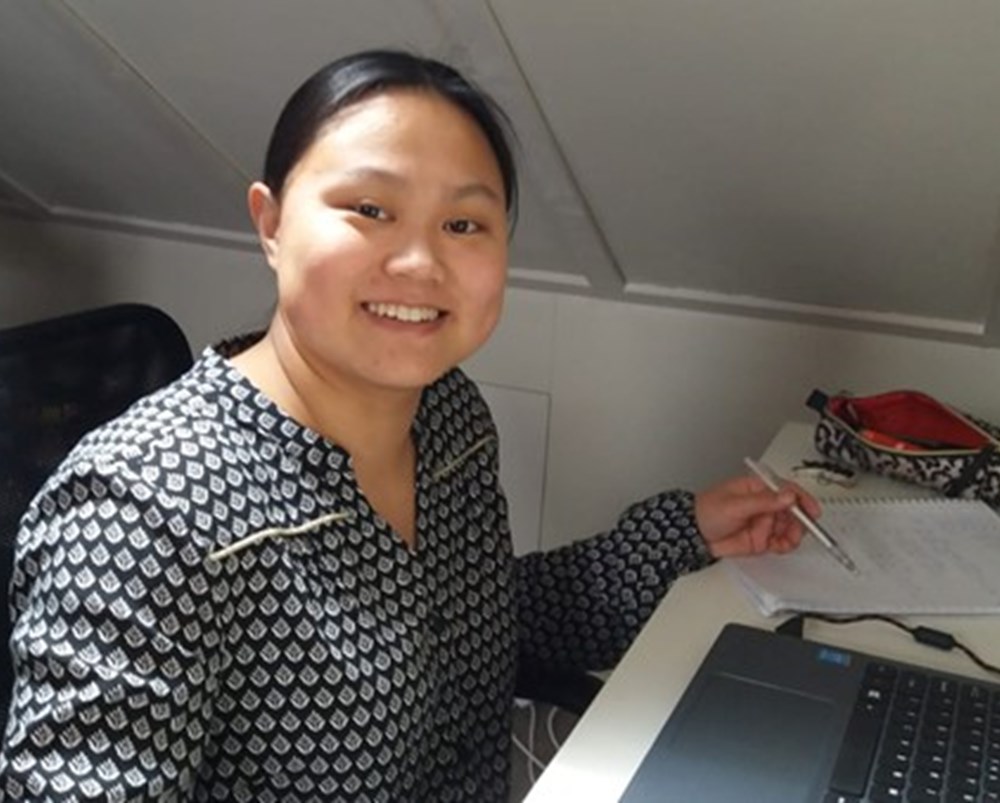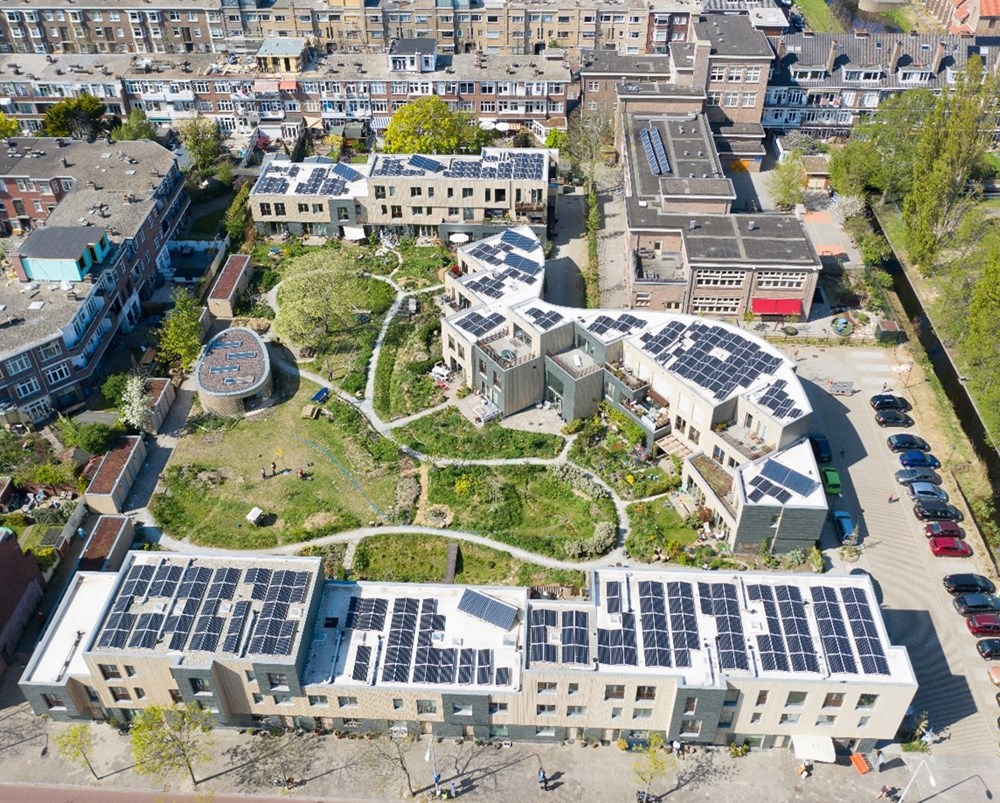Working in the Netherlands after your studies
Are you enjoying your time in the Netherlands and would like to stay longer in this country after your graduation? If your answer is yes, you should definitely read on!

Working after your studies
After studying in the Netherlands and enjoying a taste of the sweet – occasionally wet but otherwise agreeable – Dutch life, you might have your eye on landing a job here. The Netherlands is known for the excellent quality of its academic institutions and every year, heaps of international students come to the Netherlands to study and enjoy Dutch culture. Many enjoy it so thoroughly, that they intend to stay and look for employment afterwards. But what are the conditions to stay, live and work here after your studies? Read on to find out more about settling in the Netherlands after your studies.
Orientation year visa
After you’ve graduated from one of the many higher education institutes in the Netherlands, you might be allowed to apply for an orientation year visa. The following groups are eligible to apply for a job-seeking year:
- International students who have successfully completed a bachelor’s or master’s programme at a Dutch institution of higher education.
- Highly educated persons from abroad who have successfully completed a master’s or PhD programme at one of the top 200 universities of the worldwide ranking list.
- Researchers who have actively participated in scientific research projects in the Netherlands.
Click here, to find out more about the orientation year.
Work permit
Whether you have to apply for a work permit depends on your country of citizenship. If you’re a citizen from an EU, EEA country or Switzerland, you’re a part of the European Single Market and you’re allowed to find employment in the Netherlands. However, this doesn’t mean the end of the road for those who are from elsewhere. There are various reasons why you might be exempted from this requirement. Click here, to read our article about work permits in the Netherlands.
Wages
When talking wages , we first need to make the distinction between gross and net wages. Your future employer will usually relay your salary to you in gross wages, which means before income tax. The Netherlands has a progressive tax system with several brackets; this basically comes down to this: the higher your income, the higher bracket you will be in and the higher the percentage of tax you pay over your income will be. The minimum wage in the Netherlands from age 21 and older is €1684.80 a month. It depends on your sector, but there are usually 36 to 40 hours in a working week. As a foreigner, you might be eligible for the 30% facility. This means you won’t have to pay taxes over the first 30% of your income. To see whether you’re eligible for this tax break, click here.
Dutch basic health insurance
The Netherlands has a health insurance system that might be somewhat different to the one you’re used to. Instead of employers taking the cost of health insurance out of your wages, the Dutch pay their own health insurance. So if you want to work in the Netherlands you have to be insured! There are basic and supplementary health insurances with different levels of coverage. You can pick the insurance that suits your personal needs best. To see which insurences may fit your situation, click here.
All in all, there’s a lot to be excited about when considering your future job in the lowlands! Happy job hunting!





